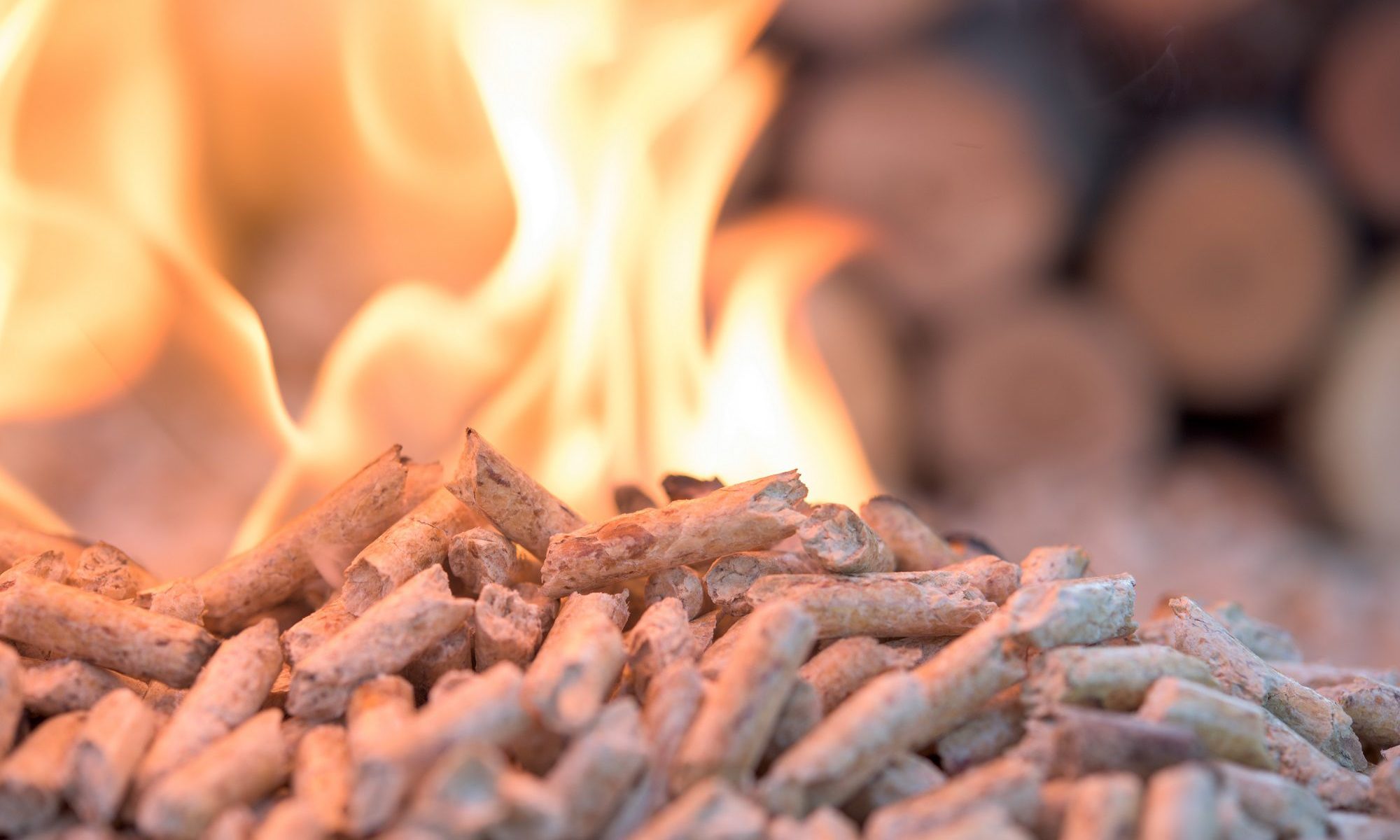If you look at the facts through the eyes of an accountant, you must conclude that the ambitious Dutch sustainable energy targets for 2030 are unachievable without biomass. But emotions and specters about trees and even entire primeval forests that disappear in the incinerator cannot be forced by figures and facts. It is not without reason that Marinus Tabak (director of the RWE Eemshaven power station) recently announced that he would be a candidate member of parliament for the VVD, with the intention of bringing nuance back to the energy debate.
Energie Nederland (trade association of the Dutch energy companies) listed the positions of the political parties. Looking at this, it appears that all political parties do formulate an opinion about the energy transition, but that different aspects are emphasized in the positions in the field of bioenergy.
No party is really against making the energy supply more sustainable. Political parties like CDA, 50 Plus and Denk however do not make clear whether biomass also will play a role. The VVD says not to exclude any energy sources. D66 and the ChristenUnie see a limited role for biomass. Then there is a group of parties with ifs and buts. For example, the SP is not necessarily against biomass, but against logging for energy applications. The PvDA and Forum for Democratie want to stop subsidies for the co-firing of biomass in power stations. GroenLinks wants to phase out existing biomass plants (and not build new ones). Stop using biomass completely, say the SGP, the PVV, Party for the Animals and JA21.
In practice, the Netherlands will badly need biomass to achieve its CO2 reduction targets in the short term. Read about this in the article ‘Biomass: permanent part of the Dutch energy mix in 2050?‘.
Image: tchara / Shutterstock



